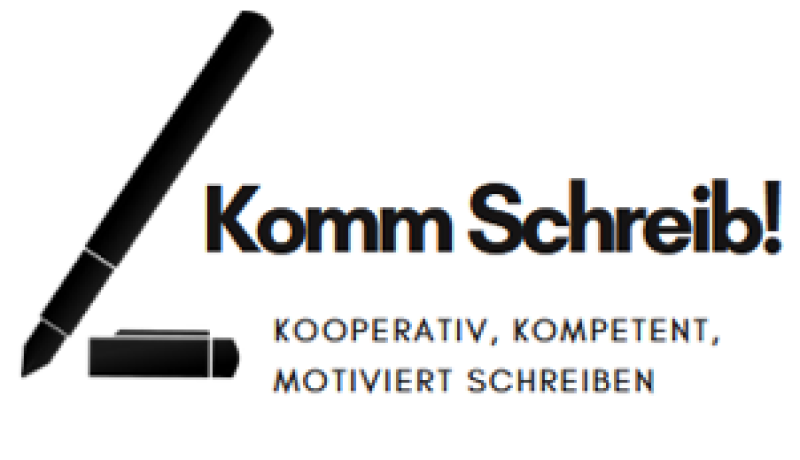Let’s Write!
Cooperative, competent, motivated writing - An intervention project in elementary schools and afterschool programs that promotes writing competence, writing motivation, and social participation

Cooperative, competent, motivated writing - An intervention project in elementary schools and afterschool programs that promotes writing competence, writing motivation, and social participation
Writing competence, writing motivation, and social inclusion are important to a successful transition from elementary school to secondary schools and also for general educational achievement and future societal participation. However, writing is challenging for many students (Neumann & Lehmann, 2008; Siekmann et al., 2022). Furthermore, evidence suggests that late elementary school is a particularly sensitive phase in which positive attitudes towards writing begin to decline (Ekholm et al., 2018). Studies have additionally indicated that there are particularly pronounced socio-economic- and language-related achievement disparities in writing (for an overview see Busse, 2022). In addition, it is known that students with migration backgrounds are more at risk of social exclusion at school than their peers (e.g., Schürer et al., 2022).
The aim of the project is therefore to develop and implement together with practitioners, an intervention that promotes writing competence (with a focus on text production), writing motivation, and social participation in the classroom to foster educational success for elementary school students. The complex intervention combines formal learning opportunities in the classroom with extracurricular real-world writing activities in the context of an afterschool program specifically aimed at children with writing difficulties. In particular, the project draws on scientific findings on process-oriented writing support, teacher and peer feedback, cooperative learning, and class cohesion. The effectiveness of the intervention will be tested in ten elementary schools using a quasi-experimental study with a waitlist control group design. Although the intervention is aimed at all students, we expect particularly positive effects in the motivational domain for learners with writing difficulties and those with migration backgrounds.
Objectives
The aim of the project is to develop, together with practitioners, adapt, and evaluate, an intervention that promotes writing competence, writing motivation, and social participation in the classroom to foster educational success and future societal participation for elementary school students.
Funded by
Federal Ministry of Education and Research (BMBF)
Duration
October 2022 – December 2025
Project Management
- Prof. Dr. Vera Busse
Co-Applicants
- Prof. Dr. Stefanie van Ophuysen
- Dr. Sina Schürer
Project Team
- Josephine Gatzweiler, M.Ed.
- Tanne Stephens, M.A.
- Kathrin Gade
Institution
University of Münster
Partners
- Prof. Dr. Steve Graham
Links
https://www.uni-muenster.de/EW/en/forschung/projekte/kommschreib/index.html
Publications (in German)
Busse, V. (2022). Schreiben fachübergreifend fördern: Einführung und theoretische Grundlagen. In V. Busse, N. Müller, & L. Siekmann (Eds.), Schreiben fachübergreifend fördern: Grundlagen und Anregungen für Schule, Unterricht und Lehrkräftebildung. Klett-Kallmeyer.
Eckholm, E., Zumbrunn, S., & DeBusk-Lane, M. (2018). Clarifying an elusive construct: A systematic review of writing attitudes. Educational Psychology Review, 30(3), 827-856.
Neumann, A., & Lehmann, R. H. (2008). Schreiben Deutsch. In E. Klieme (Hrsg.), Unterricht und Kompetenzerwerb in Deutsch und Englisch. Ergebnisse der DESI-Studie (S. 89–103). Beltz.
Schürer, S., van Ophuysen, S., & Marticke, S. (2022). Sind schwache Leistung und auffälliges Verhalten immer ein Risiko für gelingende Partizipation? Zur Rolle von Kontext und Klassenkohäsion. Zeitschrift für Grundschulforschung, 15(1), 101–118.
Siekmann, L. Parr, J.; Busse, V. 2022. Structure and coherence as challenges in composition: A study of assessing less proficient EFL writers’ text quality. Assessing Writing 54, 100672. doi: dx.doi.org/10.1016/j.asw.2022.100672.